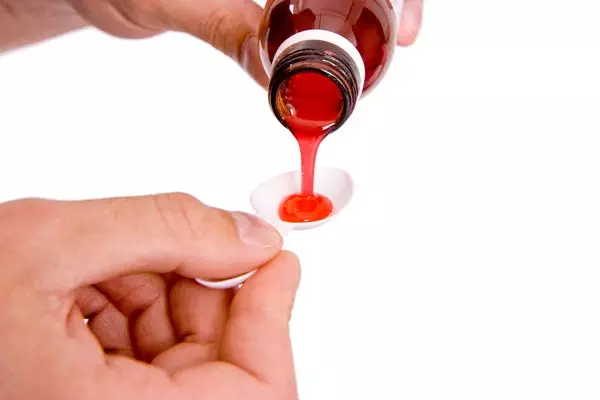Dextromethorphan, commonly known as DXM, is found in many over-the-counter cough and cold remedies. While it’s effective in treating coughs, misuse can lead to dependency and, eventually, DXM withdrawal. This article aims to provide a comprehensive understanding of the withdrawal process from DXM.
Understanding Dextromethorphan Withdrawal Symptoms
Withdrawal symptoms from DXM can be varied, ranging from mild to severe, depending on the extent of use. The most common physical symptoms include headaches, sweating, nausea, and muscle pain. These symptoms can cause discomfort and disrupt daily activities, making it essential to manage them effectively.
On the emotional side, individuals may experience feelings of anxiety, irritability, and mood swings. These emotional responses are typical during the withdrawal phase and can be challenging. Individuals and their loved ones must understand that these symptoms are temporary and part of the process towards recovery.
The Importance of Medical Supervision
Medical supervision during the Dextromethorphan withdrawal process is highly recommended. Healthcare professionals can offer treatments that ease withdrawal symptoms and make the process more bearable. They also monitor the individual’s overall health and can intervene in case of severe symptoms or complications.
Medical professionals can provide a structured and safe environment for detox. This is especially important for those who have been using DXM heavily or for a long period, as they might experience more intense withdrawal symptoms. Supervised detox ensures a safer and more controlled withdrawal experience.
Role of Support Systems and Therapy
Family, friends, and peer support are crucial during detoxing from DXM. The comfort and understanding from loved ones can provide much-needed emotional strength and encouragement. This support is invaluable, as withdrawal can often feel lonely and overwhelming.
Professional therapy is also an important aspect of the support system. Therapists can offer strategies to cope with the psychological aspects of addiction and withdrawal. They help address the underlying issues that may have led to DXM use and guide individuals in developing healthier coping mechanisms.
Lifestyle Adjustments and Home Remedies
Lifestyle changes play a significant role in easing the withdrawal process. Physical activities like walking or yoga can help reduce physical symptoms and improve mental health. A healthy diet and sufficient rest are also important for supporting the body’s recovery.
Home remedies can provide additional comfort, such as using herbal teas for relaxation and warm baths to soothe muscle aches. These natural methods can help manage symptoms and improve overall well-being during the withdrawal phase.
Planning for Long-term Recovery
Long-term recovery planning is essential to prevent relapse and maintain sobriety. This includes ongoing therapy, support group participation, and possibly continued medical treatment. A structured recovery plan provides a clear path forward and helps maintain focus on sobriety.
Legacy Healing states, “Many different types of therapy are useful for DXM relapse prevention, including individual therapy, group therapy, and family therapy. Group therapy or support groups can be especially effective, providing an ongoing source of support, advice, and community.”
Building a new, healthy lifestyle is a key part of long-term recovery. This might involve new hobbies, reconnecting with friends and family, and establishing a routine that supports a drug-free life. The aim is to create a fulfilling life that reduces the temptation to return to DXM use.
Coming off DXM is a challenging but achievable journey. It involves recognizing and addressing withdrawal symptoms, seeking medical supervision, utilizing support systems, making lifestyle adjustments, and planning for long-term recovery. With the right approach and resources, individuals can successfully navigate through the withdrawal process and embark on a healthier, drug-free path.








